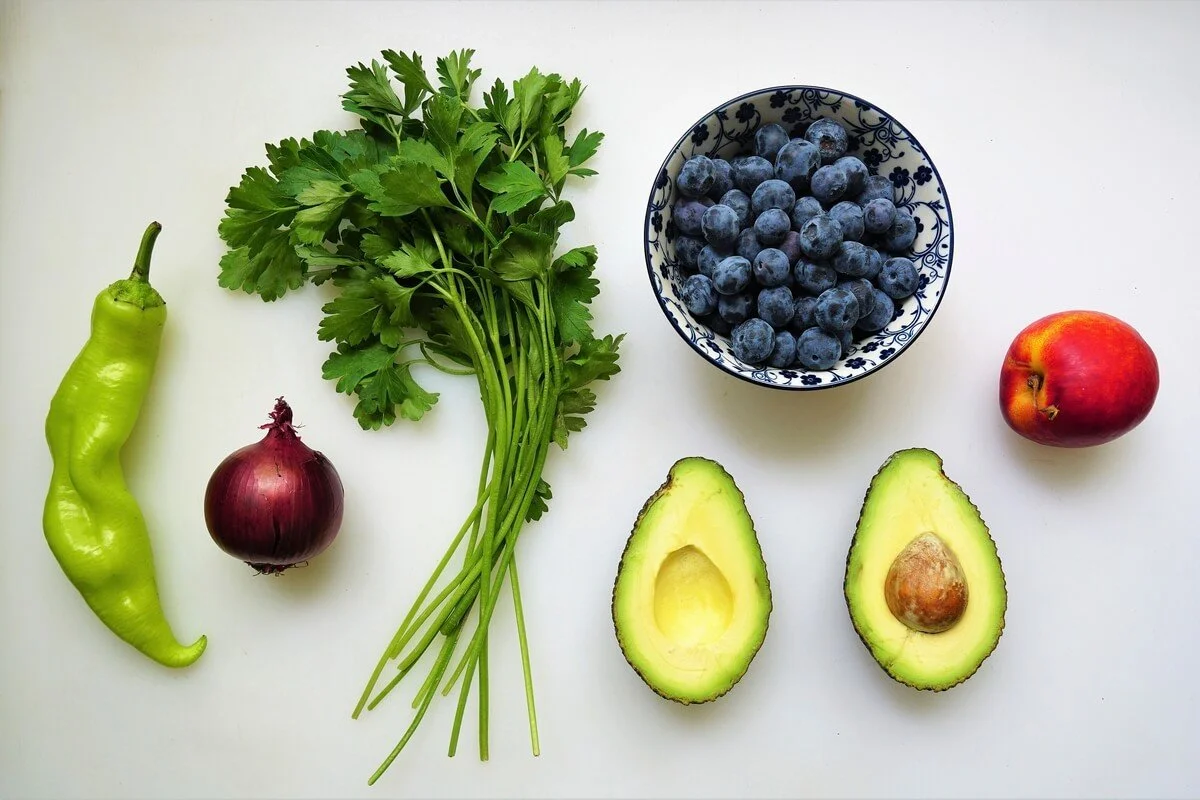Prebiotics & Probiotics
A Guide to Gut Health
In the contemporary health and wellness landscape, probiotics have gained significant attention, largely thanks to widespread advertising campaigns by major food brands. These so-called "good bacteria" have become commonplace in our daily lives. Given that more than two-thirds of Canadians routinely include natural health supplements in their regimen, it's no surprise that probiotics are among the most favored choices.
Me and my whole family all incorporate a probiotic supplement into our daily routine. However, while probiotics are relatively well-known, there is a lack of awareness when it comes to "prebiotics." In this article, we delve into the distinctions between prebiotics and probiotics, as well as the health advantages associated with both. It's crucial to be informed about what to seek in a probiotic product to ensure you're making a worthwhile investment.
I have personally been taking probiotics for a decade, and I've been giving them to my kids since birth to bolster our gut health and immune system. These supplements have played a crucial role in regulating my bowel movements and reducing bloating, alongside dietary adjustments I've made.
Understanding PREbiotic and PRObiotic Foods
A fundamental aspect of maintaining a healthy digestive system and overall well-being is understanding the roles of prebiotic and probiotic foods. These two categories of nutritional elements are essential for promoting a balanced and robust gut microbiome.
In this section, we will explore the significance of prebiotic and probiotic foods, shedding light on their respective contributions to digestive health and overall vitality.
Prebiotic Foods
Prebiotics are non-digestible fibers and compounds that serve as nourishment for beneficial gut bacteria. These substances promote the growth and activity of these microbes, thereby enhancing gut health. Some noteworthy prebiotic foods include:
Onions, leeks, and garlic
Bananas, apples, and pears
Asparagus
Jerusalem artichokes (how long do artichokes last?)and celery root
Oats and barley
Consuming these prebiotic foods can foster a favorable environment for the growth of beneficial gut bacteria, which can, in turn, contribute to improved digestion and overall well-being.
Probiotic Foods
Probiotics, on the other hand, are live microorganisms that provide a multitude of health benefits when ingested. These "good bacteria" are crucial for maintaining a balanced gut microbiome. Here are some examples of probiotic-rich foods:
Yogurt and kefir
Sauerkraut and kimchi (which also contain prebiotics)
Kombucha
Miso and tempeh
Incorporating probiotic foods into your diet like fermented foods can help support your gut's microbial diversity and promote digestive health. Additionally, these foods can aid in enhancing your immune system and overall well-being.
Conclusion
In our quest for better health and well-being, understanding the role of prebiotics and probiotics is a significant stride towards a harmonious gut and a resilient immune system. As we increasingly embrace these dietary components, we empower ourselves to take charge of our digestive health.
By incorporating prebiotic and probiotic foods into our daily diets, we set the stage for a thriving gut microbiome, improved digestion, and enhanced overall health. So, whether you're savoring a bowl of yogurt with fresh fruit, enjoying a crisp salad with onions and garlic, or looking for the perfect sweetener to support your gut health, remember that these simple dietary choices can have profound and lasting effects on your well-being.
In the end, it's not just about what you eat but how you nourish the trillions of microorganisms that call your gut home—your key to a healthier, happier you.


